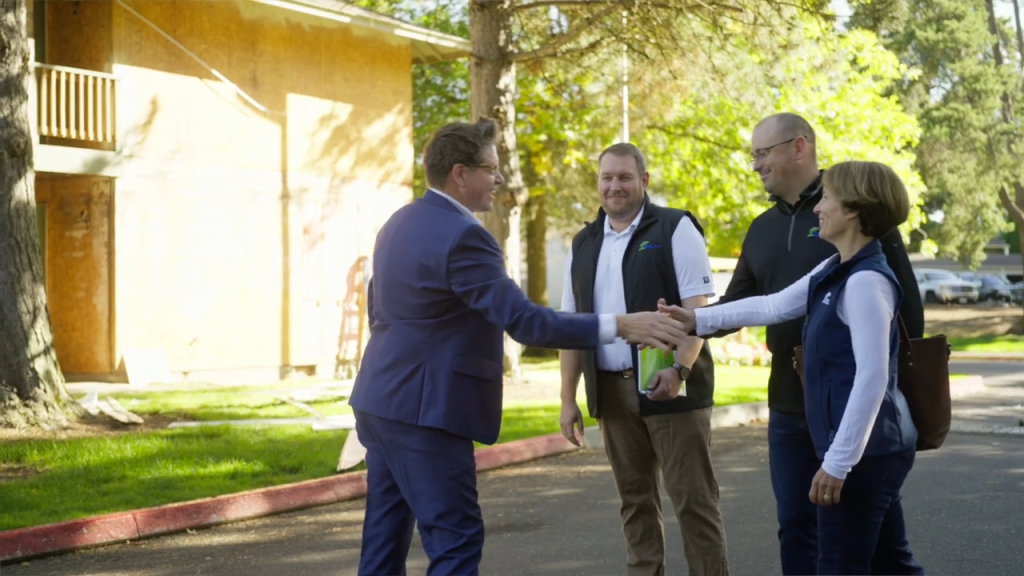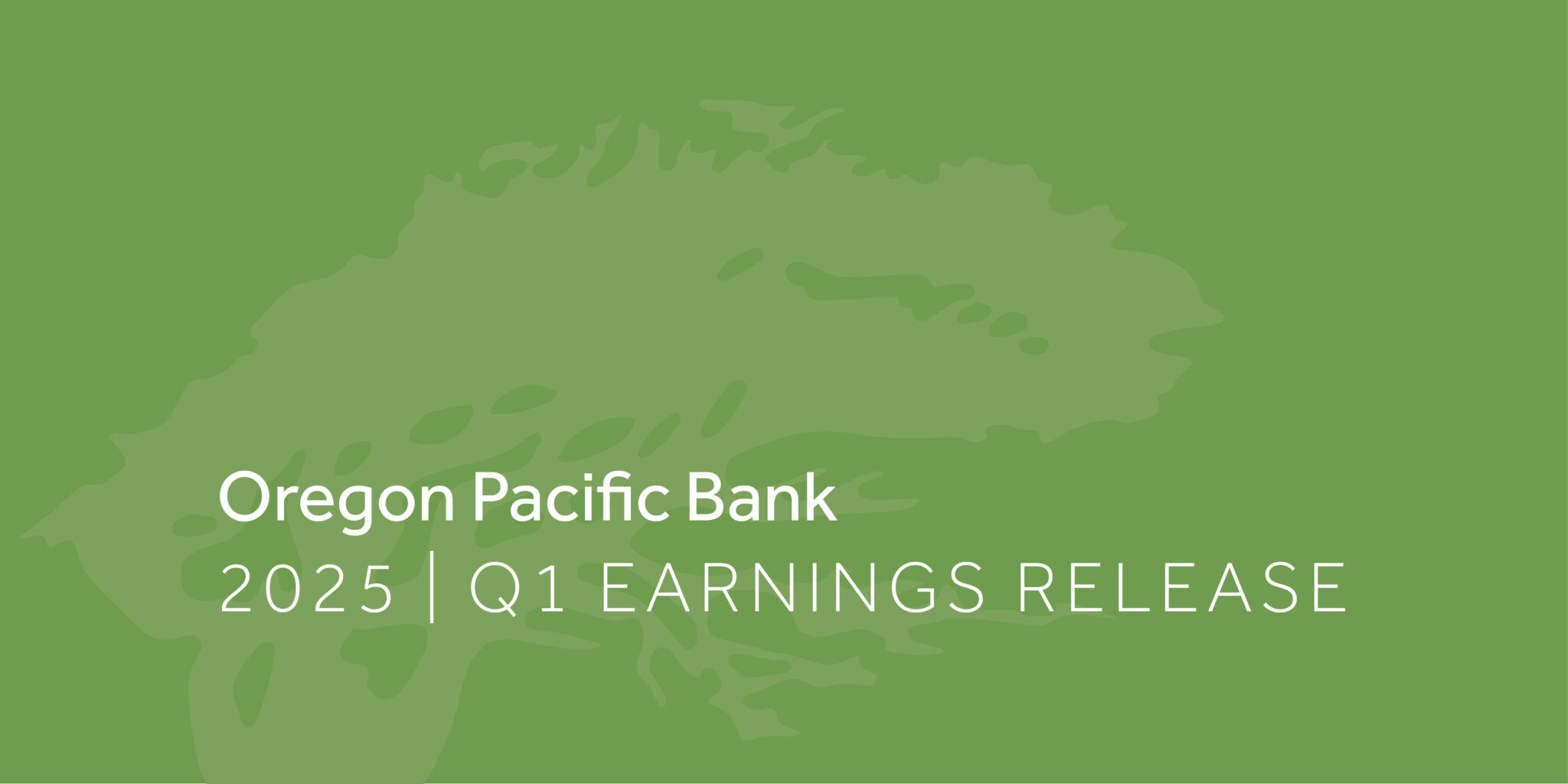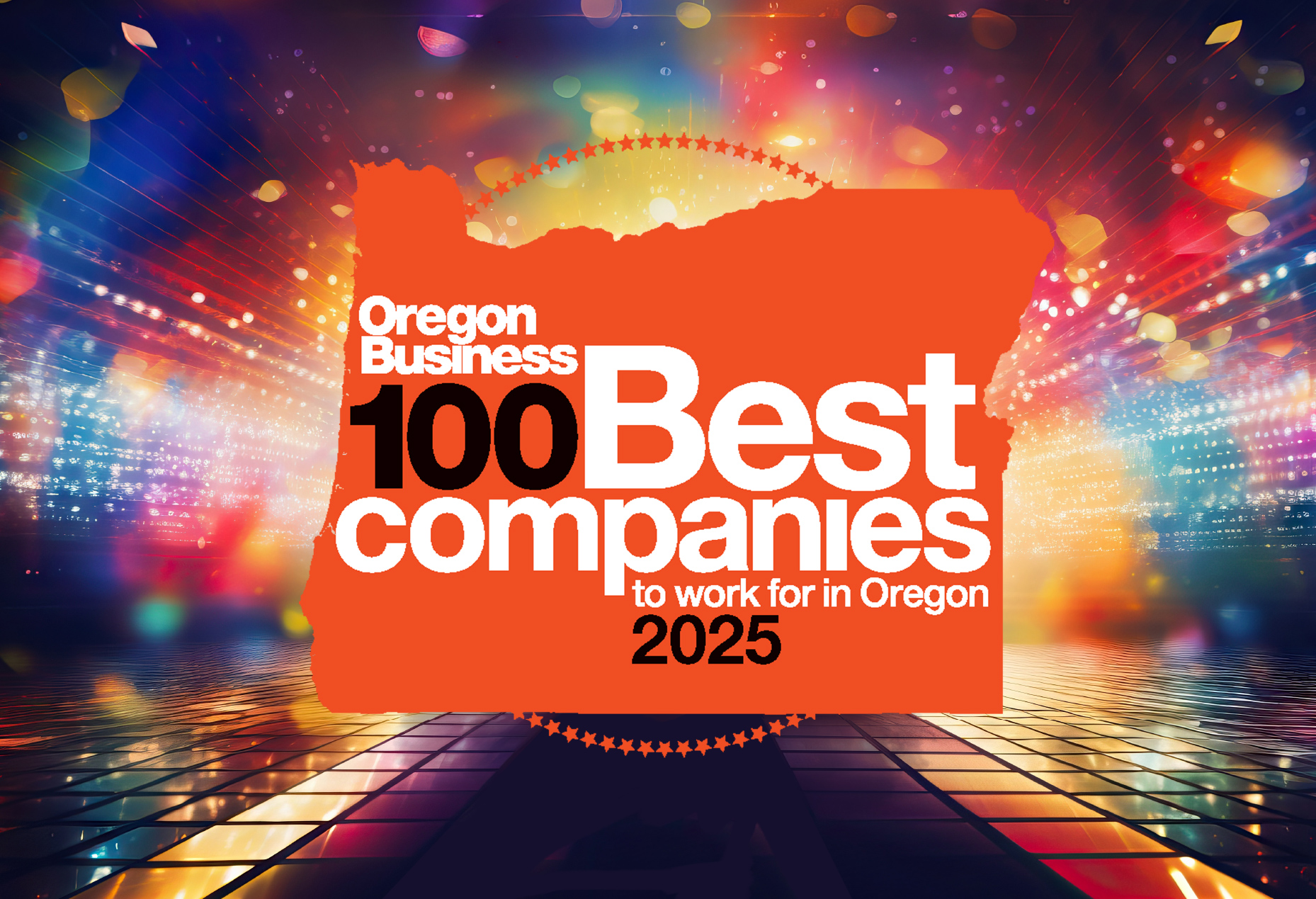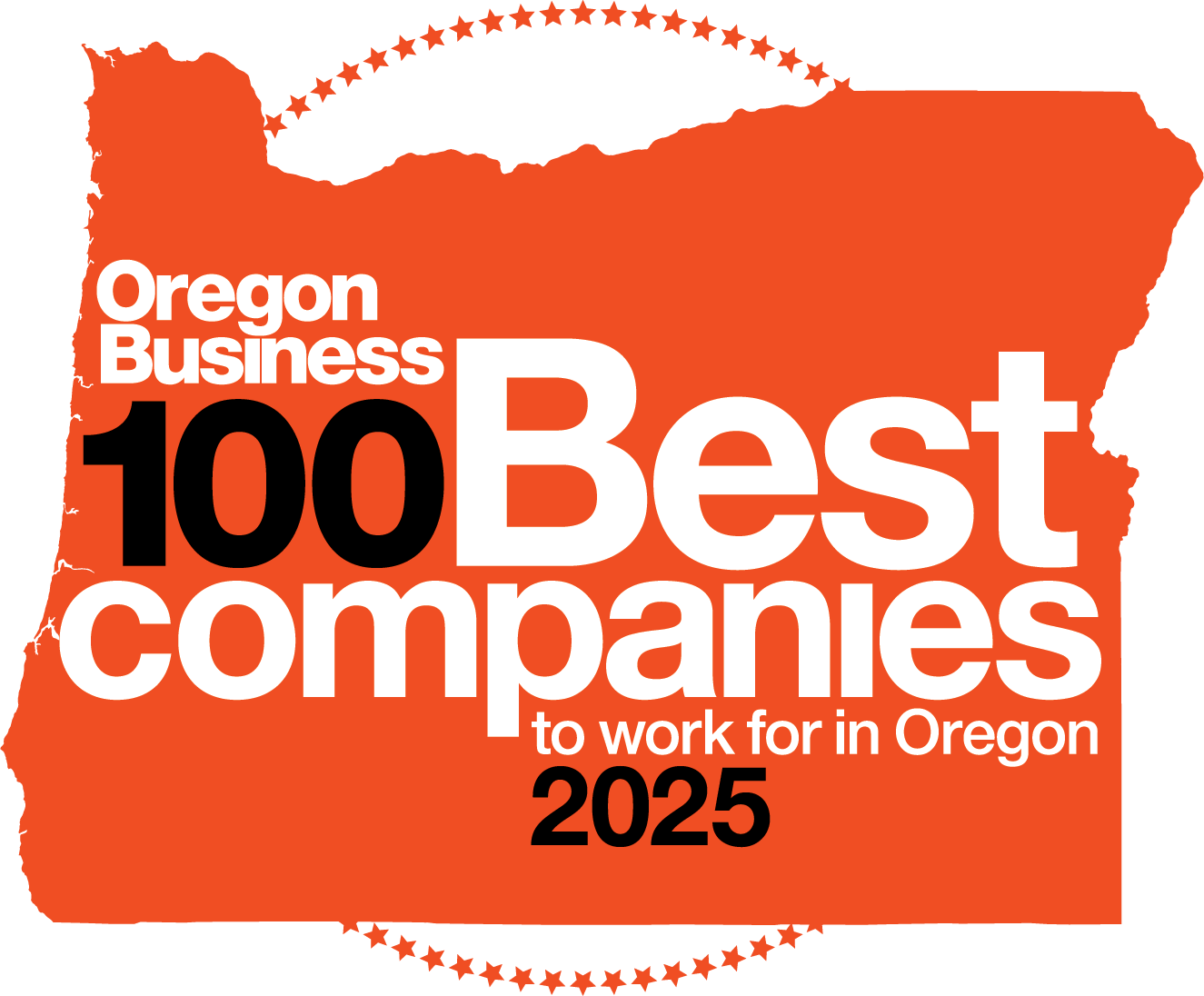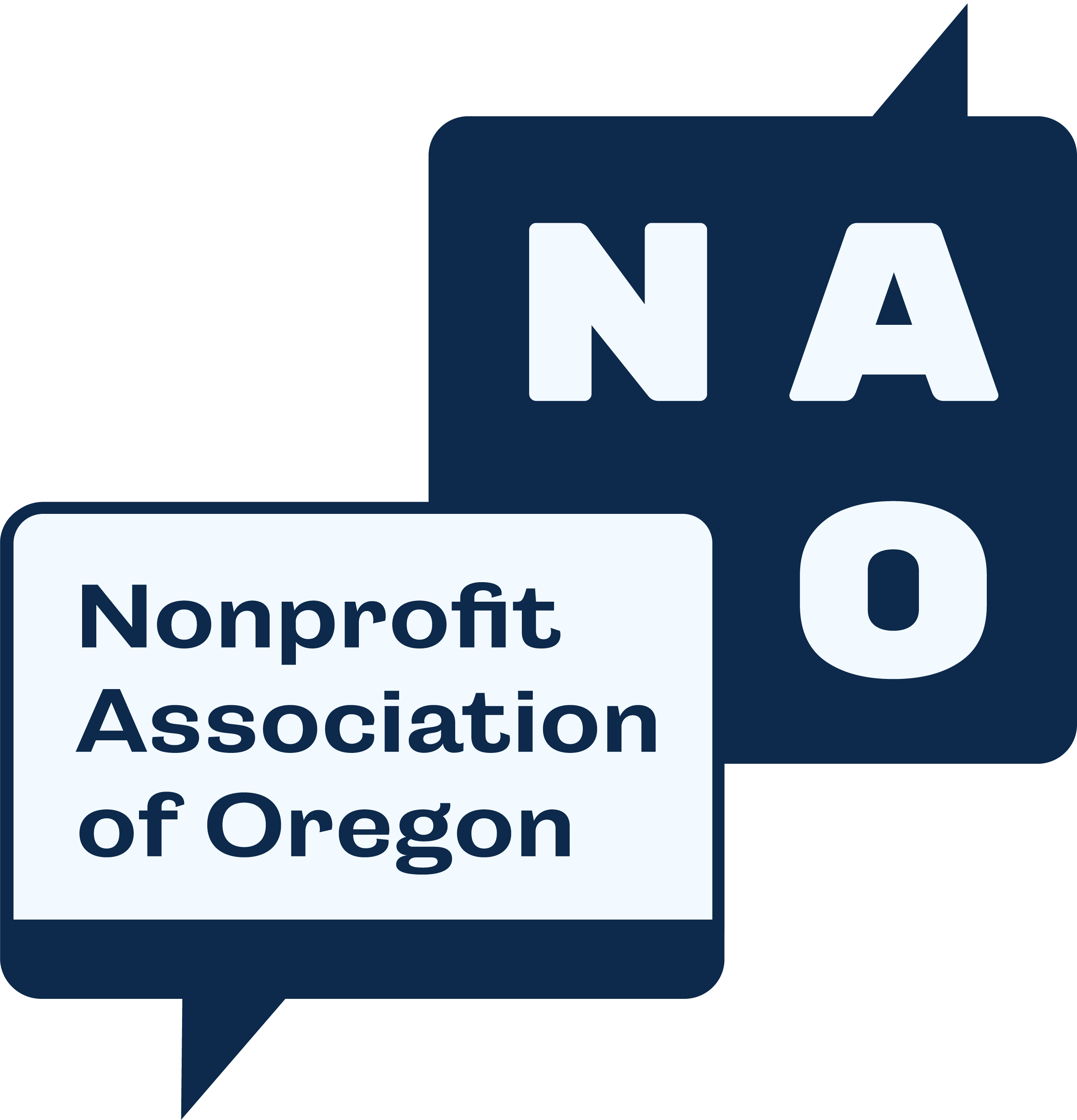You’ve likely heard the words community banking, but what does that really mean? And why does banking with a local bank matter?
Community banks are invested in the success of your business or nonprofit as well as supporting the communities they serve.
As the Portland Market President for Oregon Pacific Bank, Kyle Baisch and his team of bankers are proud to work for a community bank.
“There are so many underserved businesses and nonprofit organizations that just don’t have enough banking options to choose from,” he says. “So that’s where I really think a community bank thrives because we can truly understand the needs and provide a creative, customized solution.”
Oregon Pacific Bank was founded in 1979 in Florence with branches in Coos Bay, Roseburg, Medford and Eugene. This year, the bank established a commercial relationship banking team in Portland.
“Oregon Pacific Bank has been smart in how they’ve chosen to grow,” says Stephanie Cannon, Relationship Banking Officer on the Portland team. “We aren’t the biggest bank, but we can do everything that a big bank can do, and you get the engagement and the level of service that you might not get at a larger institution.”
As small businesses themselves, community banks have specialized knowledge of their local areas and their customers. They are committed to serving the community, including supporting local nonprofits and volunteering. They also reinvest dollars back into the community and help create local jobs. That’s a big difference from larger banks where those funds may be distributed across the country.
“At Oregon Pacific Bank, it’s absolutely the case that every dollar that comes into our bank is lent back out in our community,” Kyle says.
Local decision-makers are another big way that make community banks stand apart. They also provide personalized service and attention, which is why they’re often called “relationship bankers.”
Eric Deisler, Commercial Lending Team Leader at the Portland office, says the relationships they build with clients are key.
“Relationship to me is when I can look across the table in the eyes of my client, tell them I’m going to do something and then deliver on it because I know who’s making the decisions within my bank,” he says. “And that’s what makes us different.”
It all comes down to the value of local decision making and understanding a client’s needs, Kyle says. “Why does that benefit a business? Time is money. We get back to them quickly. We know and understand the community already, so we don’t have to do all that work to understand why this business is important or this nonprofit organization is vital to the community; we already know that information upfront.”

 New Year’s Eve: Closing early at 2 PM | New Year’s Day: Closed all day
New Year’s Eve: Closing early at 2 PM | New Year’s Day: Closed all day
